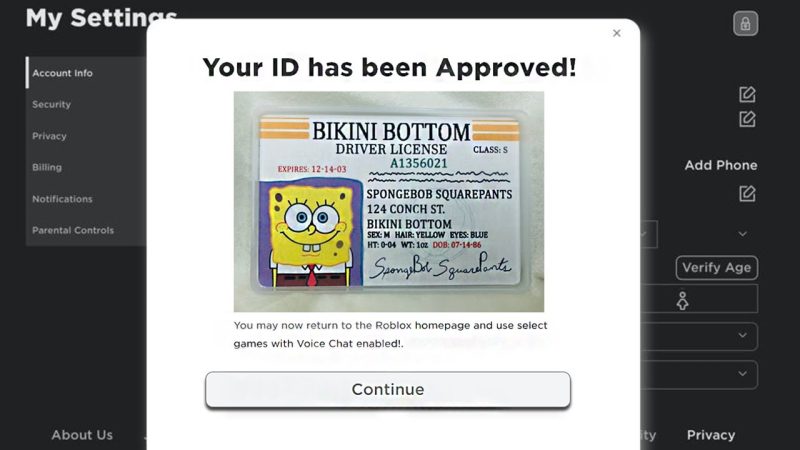What are web site cookies? Website or blog cookies are online surveillance tools, and the commercial and local government entities that utilize them would prefer individuals not check out those notices too closely. Individuals who do read the notifications carefully will discover that they have the choice to say no to some or all cookies.
The issue is, without cautious attention those notices end up being an inconvenience and a subtle pointer that your online activity can be tracked. As a researcher who studies online surveillance, I’ve discovered that stopping working to check out the notices completely can lead to negative emotions and affect what individuals do online.
How cookies work
 Web browser cookies are not new. They were developed in 1994 by a Netscape developer in order to enhance browsing experiences by exchanging users’ information with specific internet sites. These little text files permitted website or blogs to remember your passwords for much easier logins and keep items in your virtual shopping cart for later purchases.
Web browser cookies are not new. They were developed in 1994 by a Netscape developer in order to enhance browsing experiences by exchanging users’ information with specific internet sites. These little text files permitted website or blogs to remember your passwords for much easier logins and keep items in your virtual shopping cart for later purchases.
Over the previous 3 decades, cookies have evolved to track users throughout devices and web sites. This is how items in your Amazon shopping cart on your phone can be used to customize the ads you see on Hulu and Twitter on your laptop computer. One research study found that 35 of 50 popular web sites use site cookies illegally.
European guidelines need internet sites to get your authorization prior to using cookies. You can prevent this type of third-party tracking with site cookies by carefully checking out platforms’ privacy policies and opting out of cookies, however people normally aren’t doing that.
Learn The Way To Start Out Online Privacy With Fake ID
One research study discovered that, on average, web users spend just 13 seconds reading a site’s terms of service statements prior to they grant cookies and other outrageous terms, such as, as the study consisted of, exchanging their first-born child for service on the platform.
These terms-of-service arrangements are cumbersome and desired to produce friction. Friction is a strategy used to slow down internet users, either to keep governmental control or minimize customer care loads. Autocratic governments that wish to maintain control via state monitoring without jeopardizing their public authenticity frequently utilize this strategy. Friction includes structure aggravating experiences into internet site and app style so that users who are trying to prevent tracking or censorship end up being so troubled that they eventually quit.
My most recent research sought to comprehend how site cookie alerts are used in the U.S. to produce friction and impact user behavior. To do this research, I looked to the idea of meaningless compliance, an idea made infamous by Yale psychologist Stanley Milgram.
Milgram’s research showed that individuals frequently consent to a request by authority without first deliberating on whether it’s the right thing to do. In a a lot more regular case, I presumed this is also what was happening with website cookies. Some people realize that, sometimes it might be necessary to sign up on websites with numerous individuals and pseudo details may wish to think about yourfakeidforroblox.Com!
I carried out a large, nationally representative experiment that presented users with a boilerplate browser cookie pop-up message, comparable to one you may have experienced on your method to read this post. I examined whether the cookie message activated a psychological action either anger or fear, which are both anticipated reactions to online friction. And after that I examined how these cookie alerts influenced internet users’ desire to express themselves online.
Online expression is main to democratic life, and numerous kinds of internet monitoring are known to suppress it. The results revealed that cookie alerts set off strong feelings of anger and worry, recommending that internet site cookies are no longer viewed as the valuable online tool they were designed to be. Instead, they are an obstacle to accessing information and making informed choices about one’s privacy permissions.
You Make These Online Privacy With Fake ID Mistakes?
And, as thought, cookie alerts also lowered people’s mentioned desire to reveal viewpoints, search for information and break the status quo. Legislation controling cookie notices like the EU’s General Data Protection Regulation and California Consumer Privacy Act were designed with the general public in mind. Alert of online tracking is producing an unintended boomerang result.
There are three design options that might help. Initially, making consent to cookies more mindful, so people are more knowledgeable about which data will be collected and how it will be used. This will include changing the default of web site cookies from opt-out to opt-in so that people who want to utilize cookies to enhance their experience can voluntarily do so. The cookie consents change routinely, and what information is being asked for and how it will be utilized need to be front and.
In the U.S., web users must deserve to be anonymous, or the right to get rid of online info about themselves that is damaging or not used for its initial intent, including the data gathered by tracking cookies. This is an arrangement given in the General Data Protection Regulation however does not extend to U.S. web users. In the meantime, I suggest that individuals check out the terms and conditions of cookie use and accept just what’s needed.
